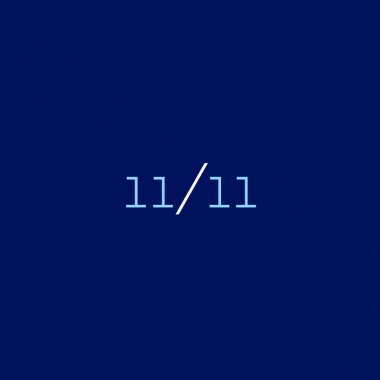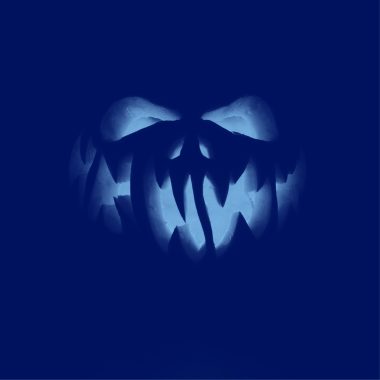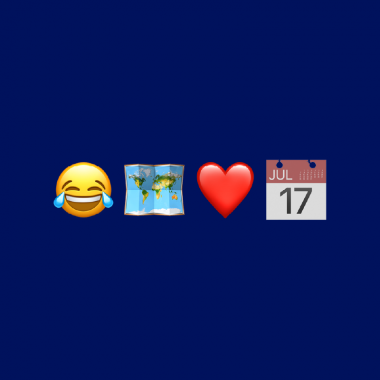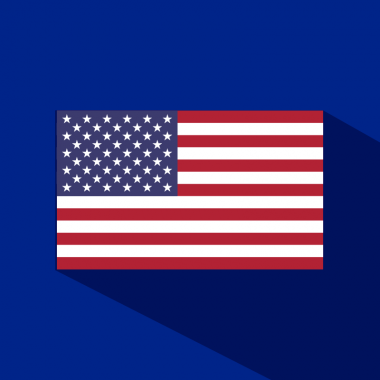The Connection Between Veterans Day And The Number 11
November 11 is Veterans Day, a federal holiday honoring all military veterans and originally commemorating the end of World War I. It’s marked on 11/11, an interesting date with a bit of history associated with its numbers. World War I was a massive military conflict in Europe between 1914–18. Joining France and Great Britain, the US fought on the Allied side against the German and Austria–Hungary …











